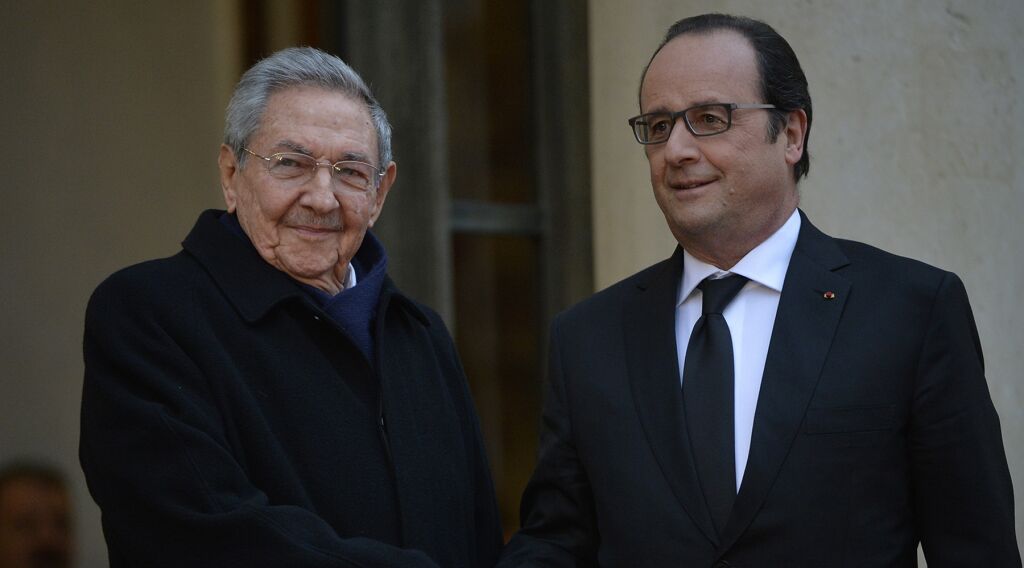
Europe: Cuba’s New Best Friend
“The world has lost a man who was a hero for many,” declared European Commission President Jean-Claude Juncker on November 26, after Cuban dictator Fidel Castro died. “He changed the course of his country, and his influence reached far beyond,” he said. It was one of the most lavish praises from a Western leader.
Others leaders issued more guarded statements. But regardless of what they say, European leaders are already investing heavily in Cuba—a trend that could accelerate as the Castro brothers leave the stage to be replaced by less-controversial figures.
The European Union and Cuba signed a deal to normalize relations last March, and it is expected to be fully ratified this month. Even before that deal, the EU was Cuba’s second-largest trading partner and the island’s biggest source of foreign investment. One third of all tourists visiting Cuba each year comes from the EU. Now things are accelerating. Lisa Bryant wrote for Voice of America:
French companies are set to revamp Cuba’s international airport. Germany is opening a trade office in Havana. Dutch giant Unilever began construction this year on a new $34 million soap and toothpaste factory in Cuba’s special development zone. And Spain has edged out Venezuela to become the island nation’s second-largest trading partner, after China. …
Delegations have been flocking to Cuba for months. Earlier this month, Cuba signed a trade agreement with Spain’s Catalonia region, which saw a 50 percent boost in its exports to the island in 2015. Overall, Spain’s trade with Cuba has been growing 15 percent annually, news agency efe reported. … And earlier this year, industrial heavyweight Bouygues Construction and Aeroports de Paris SA were selected to renovate Havana’s Jose Marti International Airport and an aerodrome outside the capital. Bouygues is also involved in a port project and in constructing several luxury hotels. ”The number of tourists has soared, so great prospects for the Cuban hotel industry,” Bouygues spokesman Mathieu Carre said in an e-mail. That includes French tourists, whose numbers have risen 41 percent since the start of the year, L’Express magazine reported.
In May, French President François Hollande became the first European leader to visit Cuba since the 1980s. Castro, he said at the time, was “a man who made history.”
Pope Francis has also proved keen to see the world open up to Cuba and its 85 percent Catholic population.
Some experts are saying that if United States President-elect Donald Trump dials back America’s new relations with Cuba, European companies will take the opportunity to move in without competition from American firms.
They may be right. But if America’s relations with Cuba continue to thaw, the island’s reintegration into the global trading system could also open Cuba up to greater European influence.
Despite the pope’s mediation between the U.S. and Cuba, and Fidel Castro’s death, the island is still under an anti-America regime. There is great danger for America in allowing what is really an enemy nation to build strong ties with a foreign power. For more on America’s vulnerability to Cuba, read Trumpet editor in chief Gerald Flurry’s cover story from the March 2015 Trumpet, “The Deadly Dangerous U.S.-Cuba Deal.”
